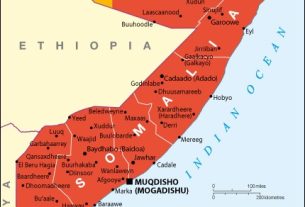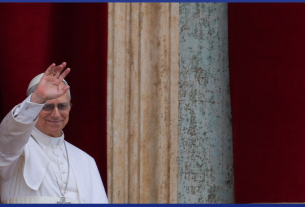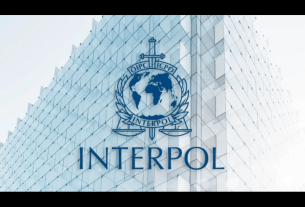Earlier this week, a Telegraph report exposed how BBC’s Arabic speaking outlet was forced to correct its reporting roughly 80 times in the first five months following the October 7 massacre.
First steps
Founded in 1982 during the First Lebanon War, the Committee for Accuracy in Middle East Reporting and Analysis (CAMERA) presents itself as “the world’s oldest and largest international media monitoring, research and educational organization,” focusing on Middle East reporting. CAMERA claims to boast 300,000 members and supporters worldwide, aiming to “educate the public on the multifaceted issues surrounding Jewish history and the State of Israel,” as they phrase it.
The multilanguage effort led by CAMERA includes several departments operating in English Arabic, Spanish and Hebrew, with its primary department focusing on media monitoring, where members scrutinize and counter any accounts of false news coverage across mainstream media platforms worldwide.
“Our record of 303 media corrections in 2023, for example, serves as a benchmark for our ongoing efforts. We also solicit feedback from external partners and conduct formal surveys to evaluate our work and campaigns. For instance, after we hold workshops to assist college students, we conduct surveys to help us analyze what tactics are working on college campuses,” added Tamar Sternthal, director of Camera’s Israel office.
The Arabic Department: Filling A Unique Need
As of the last decade or so, Arabic-language services at Western media outlets have begun to surface more and more recurringly. Outlets such as BBC, CNN, Deutsche Welle, France24, Sky News, Independent, Reuters, Agence France Presse and more all attempt to influence public opinion among a growing Arabic-speaking population in the Arab world, Europe, the Americas and beyond, launching their own Arabic speaking platforms.
“As a result, Arabic coverage even in Western media outlets often diverges from content in English-language news,” Sternthal added. “This disparity is at times apparent even within a single Western news outlet which publishes in both Arabic and English. Moreover, Arabic news coverage in Western media outlets frequently falls far below professional news standards, thereby misinforming millions of Arabic-speaking news consumers about Jews and Israel.”
Are there any more interesting anecdotes in this regard?
“On Oct. 11, after BBC English’s Jeremy Bowen had already visited the site of the Kfar Aza massacre, a BBC Arabic video item was uploaded questioning whether it had even happened – presenting the entire story as a matter of ‘competing narratives.’Though the video has been taken down since, the BBC never apologized for having produced it in the first place.
Is there a way for the average Joe to take part in demanding accountability from these networks?
“The public can play a critical role in helping ensure more accurate news media coverage of Israel and the Middle East by becoming critical news consumers armed with the facts and a solid understanding of the principles of ethical journalism.
What would your message be to those reading us now, some of which have given up on expecting unbiased reporting about Israel?
“Despite the degraded standards of journalism in recent years and even the wholesale rejection of traditional journalistic values on the part of some media practitioners, CAMERA’s record proves that advocating for the facts and pushing for enforcement of ethical journalism guidelines has deep, meaningful impact. Ultimately, the truth is bound to prevail. As Winston Churchill noted, ‘Truth is incontrovertible. Panic may resent it. Ignorance may deride it. Malice may distort it. But there it is,’” concluded Sternthal.



